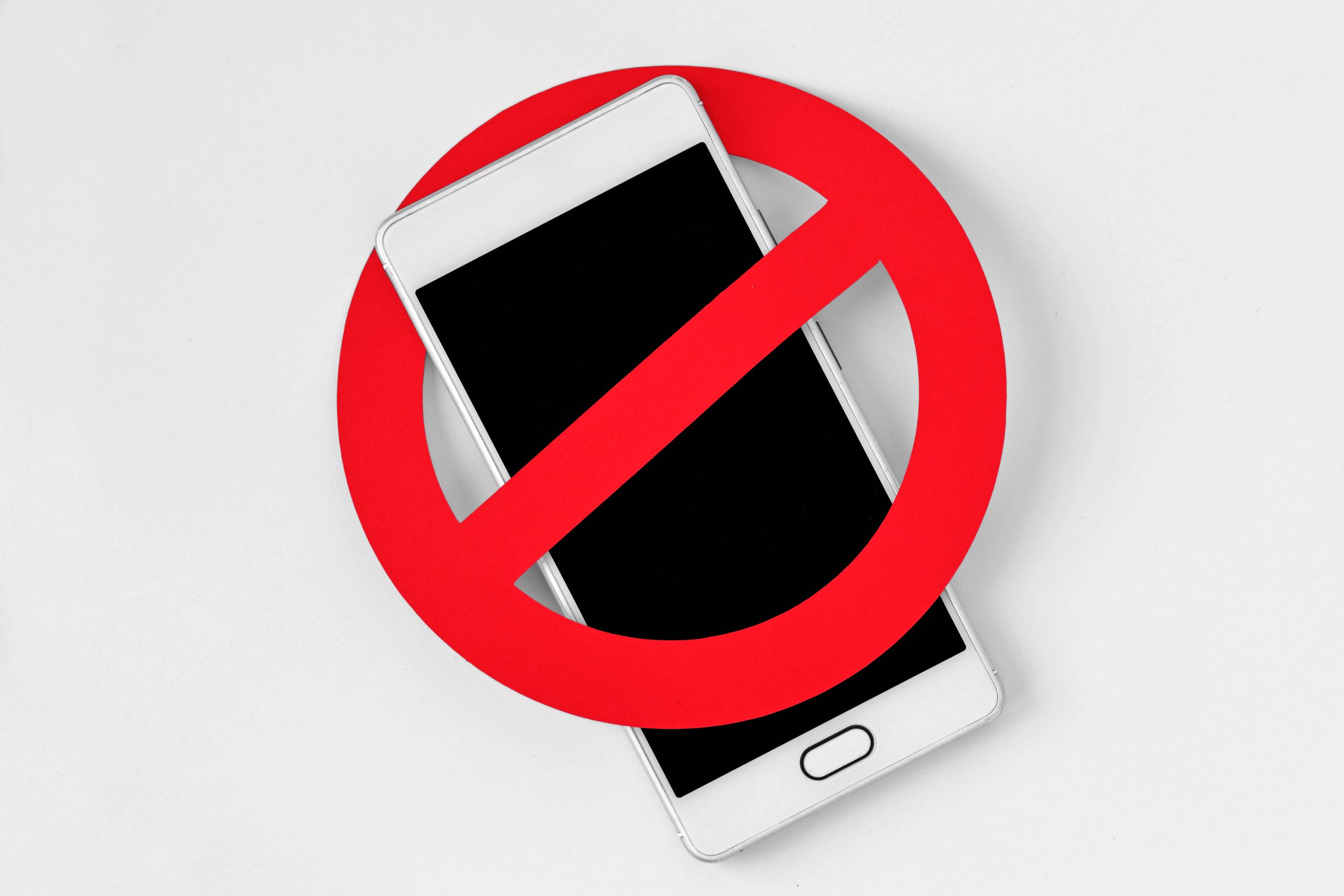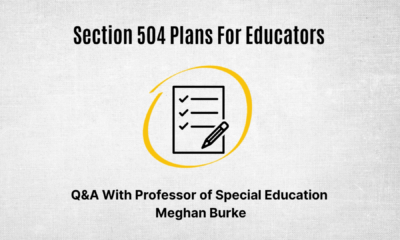Education
Lynn Public Schools Update Cellphone Policy Ahead of New Legislation

Lynn Public Schools (LPS) has announced updates to its cellphone policy, which will take effect on September 1, 2025. This change comes just two days before the Massachusetts Senate passed legislation aimed at prohibiting student cellphone use during school hours. The updated policy was presented during a virtual meeting held on July 29, where LPS’ compliance officer, Charlie Gallo, emphasized that the revisions clarify existing rules without making radical changes.
The primary goal of the new policy is to cultivate an environment that encourages engaged learning, enhances social skills, and supports student wellbeing. Gallo stated, “We hope that this new policy provides a moderate and gradual approach.” As part of the updated rules, students are required to keep their cellphones off and out of sight throughout the school day. Exceptions may be made for students with specific needs, including those with Individualized Education Programs (IEPs) or health plans.
A significant alteration in the policy prohibits cellphone use during lunchtime and in hallways, marking a departure from previous practices. Students who do not comply with the new regulations may face progressive disciplinary measures, which can include parental contact, device confiscation, detention, or even suspension, depending on the circumstances. Superintendent Dr. Evonne Alvarez addressed potential challenges in enforcing the new rules, expressing a desire to avoid punitive measures like suspension.
“Telling students to put phones out of sight sounds in theory like something they would all comply with, but we know there will be students who will use phones on multiple occasions,” Alvarez explained. She acknowledged that the school is still developing procedures for effective enforcement.
During the presentation, stakeholders were invited to provide feedback on the proposed policy changes. Concerns were raised regarding the new lunchtime ban. Brant Duncan, Secretary Treasurer of the American Federation of Teachers Massachusetts, described the cafeteria prohibition as a “radical change.” Similarly, LPS teacher Frank Grealish expressed that the lunchtime ban might be excessive.
Lynn foster parent and emergency medical technician Marissa Pike voiced her apprehensions about the potential consequences of the cellphone ban. “Cellphones, when used appropriately, serve as an important tool for safety rather than distraction,” she argued. Pike highlighted that, in emergencies, the ability for students to communicate with parents or guardians can be critical. She emphasized that many parents rely on their children’s cellphones for routine check-ins, and having a direct line of communication fosters peace of mind for both students and their families.
Pike also pointed out that cellphones can be beneficial educational tools, stating, “Rather than being solely a distraction, phones can be integrated into the classroom to enhance student engagement, facilitate collaboration, and help students access real-time information that supports their learning.”
The updated cellphone policy from LPS is strategically timed, as it anticipates the broader “bell-to-bell” ban that recently passed the Massachusetts Senate with a vote of 38-2. This statewide legislation still requires approval from the House and the signature of Governor Maura Healey before it can take effect in the 2026-2027 school year.
Senator Brendan Crighton, one of the original sponsors of the bill, expressed his support, stating, “I’m proud to have voted in support of this bill that will protect students from the harmful impacts of cell phone use during school. There is strong evidence that a ‘bell to bell’ ban improves academic performance and has benefits for mental health and social development.”
As LPS prepares to implement its revised cellphone policy, the community remains engaged in discussions about the implications for student safety, communication, and learning. The school district’s approach reflects a growing recognition of the need to balance technology use with educational priorities in a rapidly evolving digital landscape.
-

 Technology5 months ago
Technology5 months agoDiscover the Top 10 Calorie Counting Apps of 2025
-

 Health3 months ago
Health3 months agoBella Hadid Shares Health Update After Treatment for Lyme Disease
-

 Technology6 days ago
Technology6 days agoOpenAI to Implement Age Verification for ChatGPT by December 2025
-

 Health3 months ago
Health3 months agoErin Bates Shares Recovery Update Following Sepsis Complications
-

 Technology4 months ago
Technology4 months agoDiscover How to Reverse Image Search Using ChatGPT Effortlessly
-

 Technology3 months ago
Technology3 months agoElectric Moto Influencer Surronster Arrested in Tijuana
-

 Technology1 month ago
Technology1 month agoDiscover 2025’s Top GPUs for Exceptional 4K Gaming Performance
-

 Technology5 months ago
Technology5 months agoMeta Initiates $60B AI Data Center Expansion, Starting in Ohio
-

 Technology5 months ago
Technology5 months agoRecovering a Suspended TikTok Account: A Step-by-Step Guide
-

 Health5 months ago
Health5 months agoTested: Rab Firewall Mountain Jacket Survives Harsh Conditions
-

 Health3 months ago
Health3 months agoAnalysts Project Stronger Growth for Apple’s iPhone 17 Lineup
-

 Lifestyle5 months ago
Lifestyle5 months agoBelton Family Reunites After Daughter Survives Hill Country Floods

















